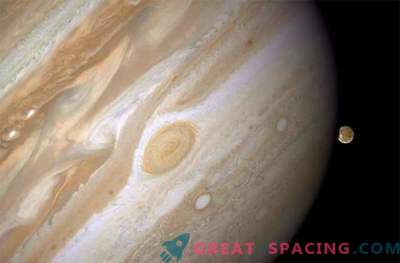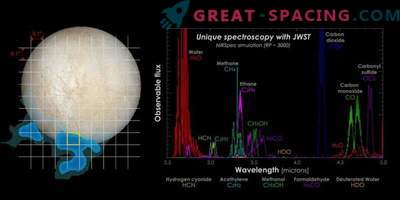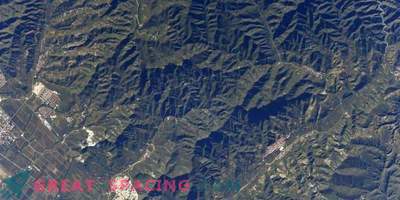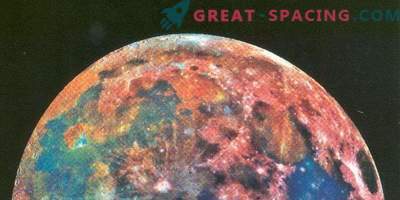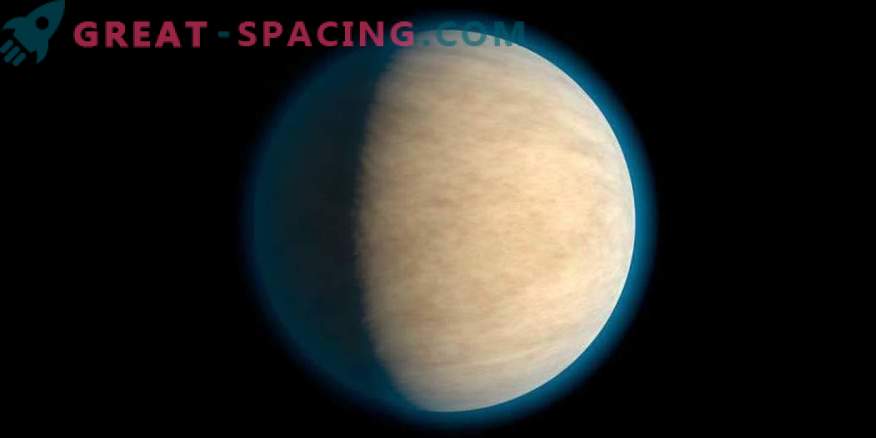
If you are looking for life on the planet, you first need to find water. Therefore, researchers search through exoplanets in search of worlds with water. Although the list is usually limited to rocky planets, but scientists believe that it can be expanded. It turns out hot Jupiter, heated to 1000 ° C, can be placed under the clouds of water in the atmospheric layer.
Researchers from the Jet Propulsion Laboratory reported that half of the studied hot Jupiter atmospheres (analyzed using the Hubble Space Telescope) were hidden by clouds or haze. It has been suggested that these clouds are capable of covering a huge amount of atmospheric water that terrestrial telescopes are not capable of fixing. Moreover, the underestimated amount of planetary water reserves in the air may not coincide with the real two times.
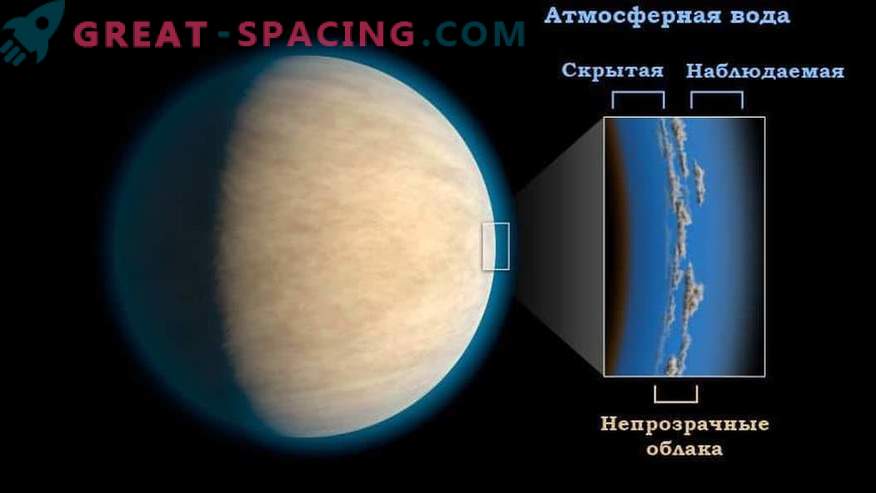
Atmospheric water can hide on hot Jupiter
The lead author of the study, Aishwarya Ayer, says:
“Our motivation was to see what these worlds would look like if they were grouped together. It was also important to see if they share common atmospheric characteristics. ”
In a specific study, 19 hot Jupiters previously studied by the Hubble Space Telescope were analyzed. Water vapor was found in the atmosphere of 10 such worlds. But with the help of extrapolation, it was possible to extend these indicators to dozens of other studied hot Jupiters.
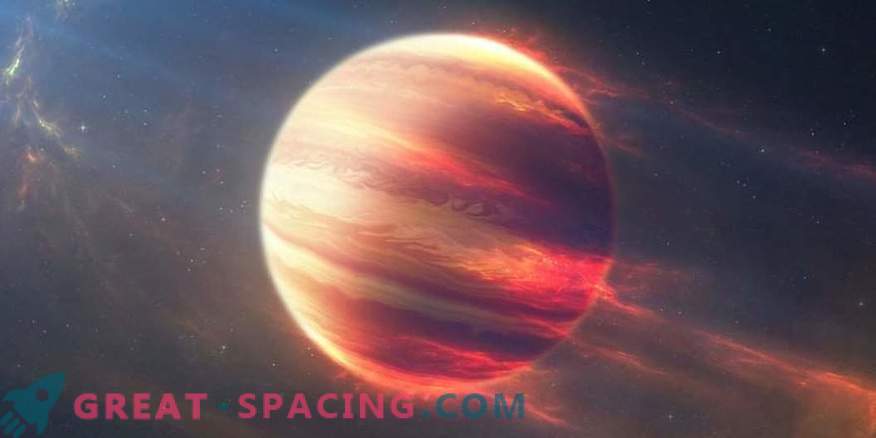
The team decided to standardize the data, collecting information from 19 hot Jupiter and creating an average spectrum of light. After that, the indicators were compared with models of exoplanet atmospheres (from cloudless to cloudy). As a result, they found that it was the haze or clouds that blocked half of the atmosphere in the observations.
The results obtained are consistent with a recent study, where it was also assumed that clouds or haze are capable of hiding water on hot jupiters from terrestrial telescopes. Researchers want to use the future telescope of James Webb to obtain more accurate data.
But the main question remains: even if there is more water on hot jupiter than we think, can life develop in these worlds? The odds are slim, but they always remain so in any scenario.
